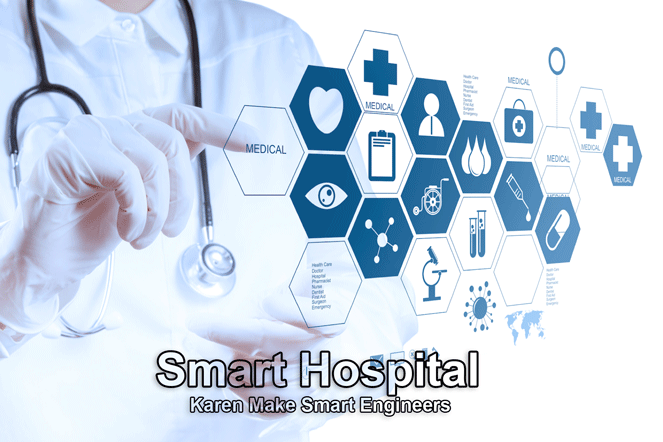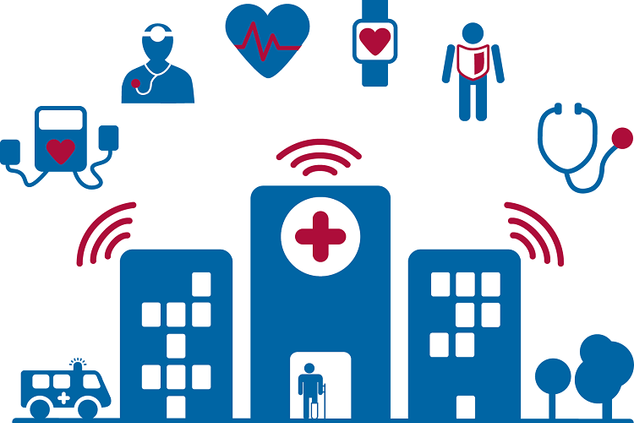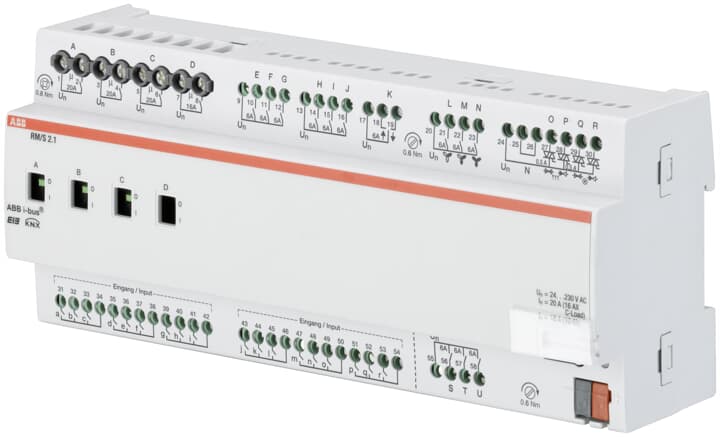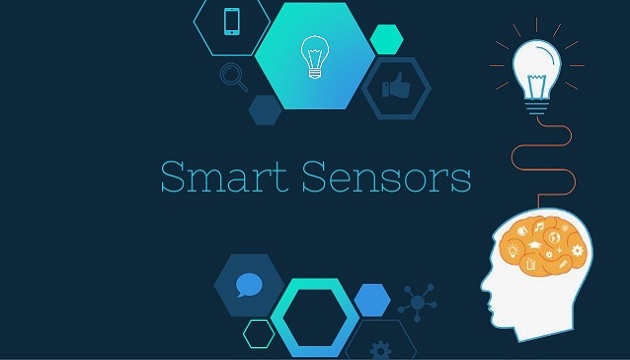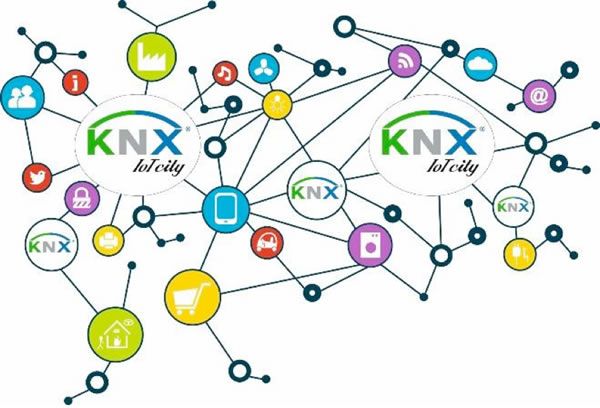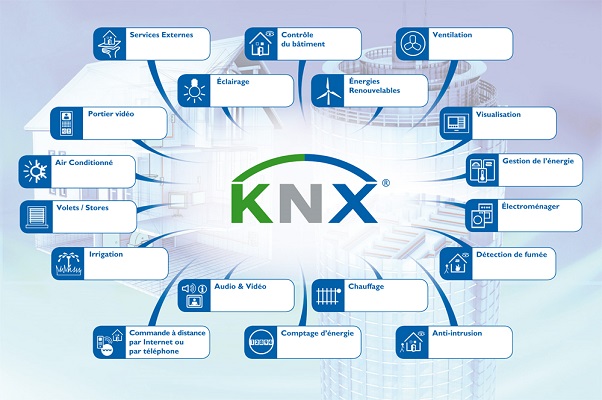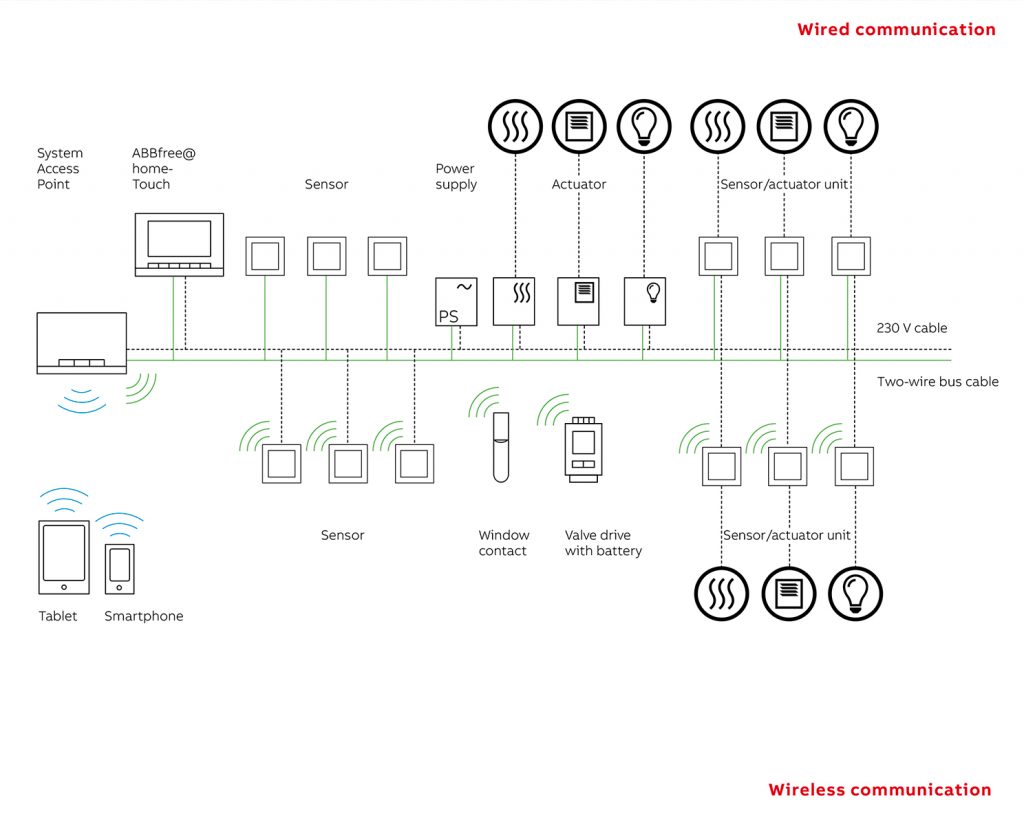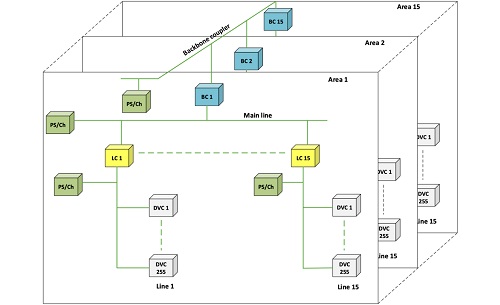About smart hospital
smart hospital – Simply put, smart hospitals are hospitals which optimize, redesign and/or build new clinical processes, management systems and maybe even infrastructure, all enabled by underlying digitized networking infrastructure of interconnected assets, to provide a valuable service or insight which was not possible or available earlier, to achieve better patient care, experience and operational efficiency. Smart hospitals contain three important layers – data, insight and access. s entities, which improves the quality of care.
As the population grows, the demand for healthcare services is rapidly increasing especially in the current COVID-19 crisis. On top of this surging demand, patients also have ever-increasing expectations about the quality of the healthcare treatments they undergo and the services they are provided with.
In addition to all of this, laws and regulations are becoming more and more strict and complex. By 2030, the world will be home to more than 8.5 billion people, so pressures on the healthcare system will only increase as time goes on. These, therefore, contribute to constantly rising costs, and this is where a smart hospital comes in, to reduce these costs.
Smart hospitals maximize productivity, provide better patient satisfaction and flexibility, thanks to the digital transformation of the healthcare industry.
The need for a smart hospital
Today’s world is rapidly evolving but our hospital infrastructure is often left to play catch up, there are countless hospitals that are over 100 years old and are still in operation, they have very limited possibilities for advancement yet they are having to deal with the increased demand and they can not do this with the infrastructure and technology that they currently have.
Smart hospitals are able to play a major role in the recovery from the COVID-19 pandemic, the technology can aid in social distancing between infected patients and non-infected patients to help curb the growth and spread. The pandemic has placed the healthcare industry under immense pressure, any technology that presents a solution is welcome. Smart hospitals could become critical to recovery.
The role of ict in smart hospital
The “Internet of things” is a revolution for the ICT world. Devices, system components and networks are becoming autonomous, ubiquitous and interconnected.
When this technological advancement applies to the healthcare sectors, one of the most traditional critical sectors1, the results are remarkable. Connected medical devices transform the way the healthcare industry works, both within hospitals and between different actors of the healthcare industry.
Could you imagine an electronic device collecting information on patients’ vital signs becoming “smart”? Or one that monitors life supporting machines to be able to react on any change of status? Connected medical devices can bring increased patient safety and efficiency, particularly if connected to Clinical information systems.
When this applies to the whole healthcare organisation ecosystem, it becomes a “Smart Hospital”.
The purpose of the smart hospital
The overarching goal of smart hospitals is to deliver optimal patient care by making the most of advanced ICT. The availability of all relevant information when required; access to internal and external expertise when needed; and efficient and effective surgical/diagnosis processes that facilitates achieving this goal with low error rate and cost effectively.
A smart hospital should be built with an accurate understating of the needs of its medical staff and patients. Also, a smart hospital needs to adequately handle different challenging scenarios including pandemics. Characteristics of a smart hospital include people, technology and space. For example:
Digitalizating processes to optimize workflows within the hospital and enhance collaboration across different departments. Smart technology could help ensure the right teams are activated quickly and operating theaters are ready immediately, thereby improving patient survival rates.
Use of smart technology in smart hospital
Using smart technology to better manage a hospital’s resources. Smart washrooms solution, which tracks usage and replenishment of consumables and monitors air quality, could be implemented to ensure high standards of hygiene within the facility.
Improving time and space management with smart solutions to ensure public safety in hospitals. Intelligent logistics robots could handle and process medical waste, thus reducing exposure and risk of transmission to humans.
For smart hospitals to work, there’s no one-size-fits-all approach. It takes a complex integration of myriad technologies — that is, having systems “speak” to one another while absorbing and reacting to data. Disparate clinical, IT and facility technologies including heating, ventilation, cooling, energy, fire prevention, nurse call, patient wards, operating theaters, security, telephony and others have to come together for smart hospitals to work.
In this regard, Karen Make Smart Engineers Company, with its experienced and experienced staff, is ready to cooperate and provide advice with hospitals and health institutions to make the hospital and health environments smarter.

